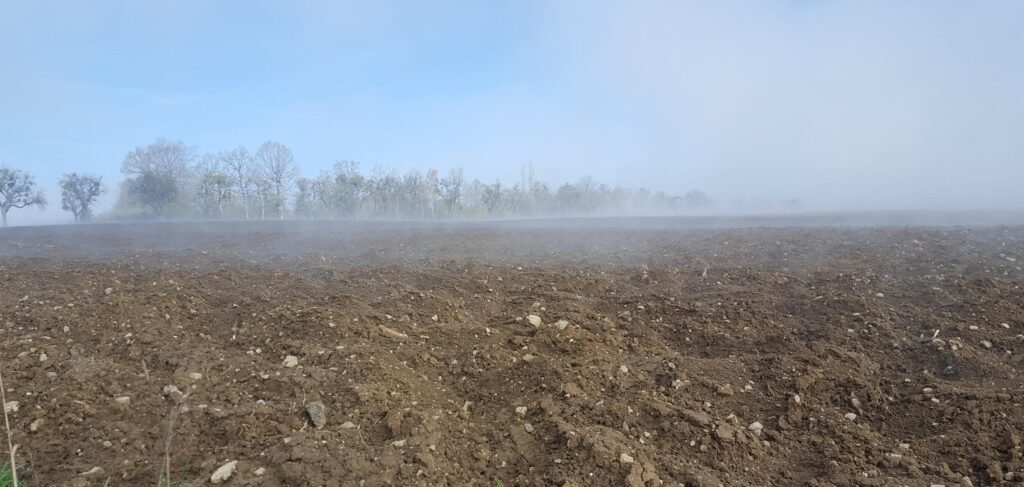There was a time with a simple promise: work hard and you’ll have a job that earns enough for a good life.
There are a lot of industries in which this promise is harder and harder to keep. As soon as a downward price spiral sets in, surviving competition becomes a race towards the best price. Those in the race don’t find the time to identify other solutions and accept the race as a fact. It becomes how it is done.
Soon this race focusses all the energy and is taken as common knowledge.
The ones left out are the ones “doing the work”, those who have executed what has been asked from them, those who come in every morning and trust their bosses to do their part of the work.
Should they be more aware?
It’s a big question for those leading the organizations.
If you share too much of the situation, will you still be a trustworthy leader? If you share too many of your difficulties, will people run away? If you describe the stress in the market will employees be too stressed to continue doing a good work?
There are no easy answers.
What is the story you tell yourself when a promise isn’t kept? When those whom you trusted shift their story from “everything is ok” to “we are in a crisis”?
Expect frustration when you change your story. Teams who find themselves in a crisis and don’t know how it happened, will shift responsibilities back to leadership with “but, we worked so hard”. If nobody told them, that’s what’s to be expected.
Reassuring ourselves that things will work out is a way to hide from responsibility.

